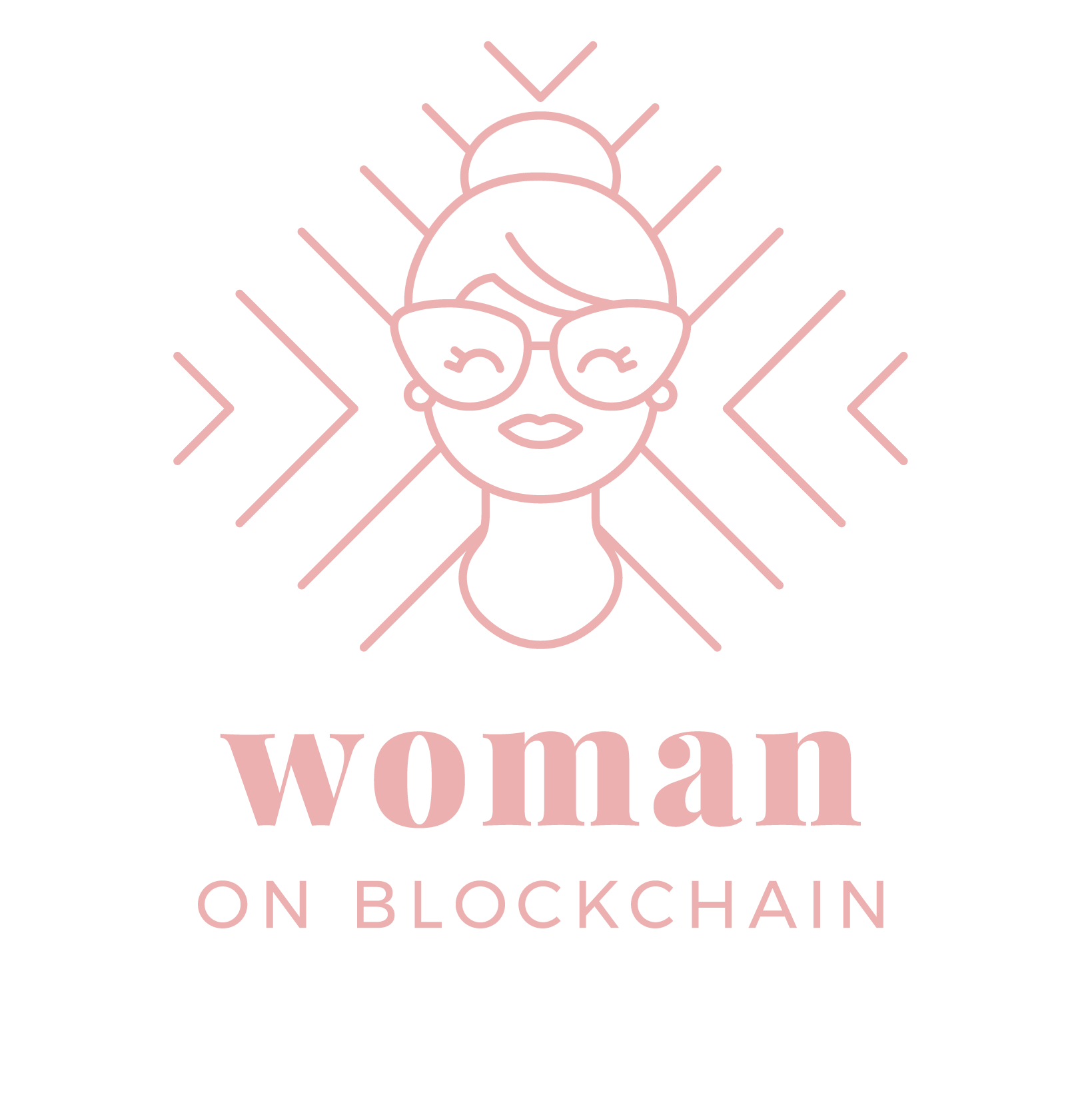Cryptocurrencies and the technology on which they are based – blockchain have become a key topic especially among young people in the recent few years. The new generation have started to have a closer look into how these technologies can change the existing and in most cases archaic systems. And it will not come as a surprise that one of the sectors that requires immediate and efficient improvements is the healthcare.
We are becoming more and more aware of the need to take care of our health and wellbeing. We want to live healthier and focus more on prevention rather than treatment. In order to achieve this we need a quick and easy access to the healthcare. Moreover, along with our rapidly changing lives styles and amount of time spent travelling we also need systems that would enable us to quickly and securely transfer our medical data. And whilst our expectations and demands are raising, the health sector is facing more and more challenges…
Not without reason we are looking for solutions and technological facilities that will enable a quick progress in this field. Could blockchain be the answer to this? Amongst its various benefits, the consensus algorithm and its decentralized nature make blockchain the ideal tool for holding various types of confidential data, which gives a wide range of new opportunities for many projects within the healthcare sector.
Healthcare in a decentralized version!
There are more and more projects on the market that aim to decentralize healthcare. Platforms such as Medicalchain, TrustedHealth, MedRec or Patientory allow transparent exchange of medical records between patients and doctors by implementing blockchain technology. Various organizations, such as hospitals, health clinics, laboratories, pharmacies or health insurers can thus request permission to access patients data. On the other hand, the patient, who in this case is the only owner of his medical records, is able to fully control who gets access to his medical data, approve such access and see exactly what information and when is being viewed. This also allows easy access to patient’s medical records during online consultations with a specialist no matter where in the world both sides currently are.
Another interesting application of blockchain technology within the medical industry are platforms which aim is to connect research institutions with users who have expressed the desire to anonymously share their medical data for a health research. In exchange, users can be rewarded in tokens generated by platforms, which means that they not only contribute to to the improvement of the quality of research but can also have benefits in the form of cryptocurrencies.
These models put the patient in the middle of the whole process and together with the electronic key to their own medical data allow secure, fast and easy way to, for example, share tests results with any specialists, anywhere in the world. Because of the creation of such ecosystems for patients, projects like these have the potential to revolutionize the existing obsolete model in which the patient has no easy access to their data and along with the change of specialist or place of residence they must keep repeating examinations and tests or register their data in several different places.
The healthcare sector is without a doubt a touchstone for blockchain based technologies. And if successful, the implementation of blockchain could massively improve it. It could enable interoperability, integration of research data, reduction of time and costs of medical procedures or improved security of access to medical data. This could completely revolutionize our lives, solve some of the problems the world’s medical sector is facing today and help to build a better future for our healthcare.
It is so exciting that everything seems to indicate that thanks to more and more projects, ideas and concepts for the adoption of this technology all of this really may become possible very soon.
Fingers crossed!


